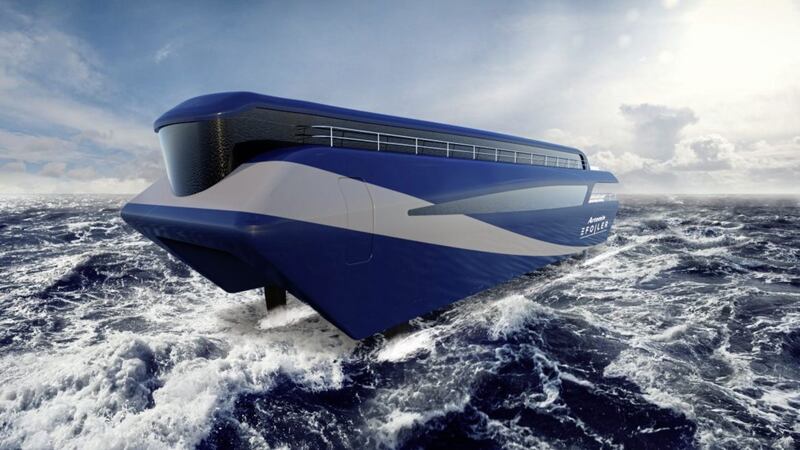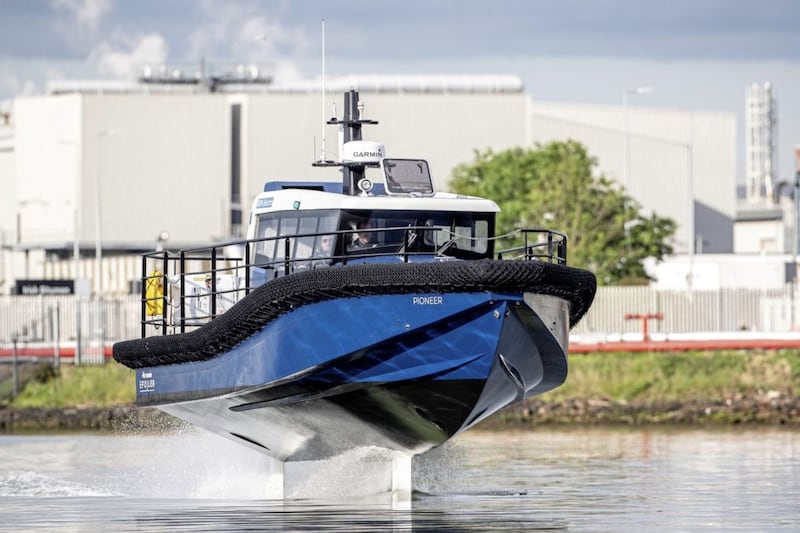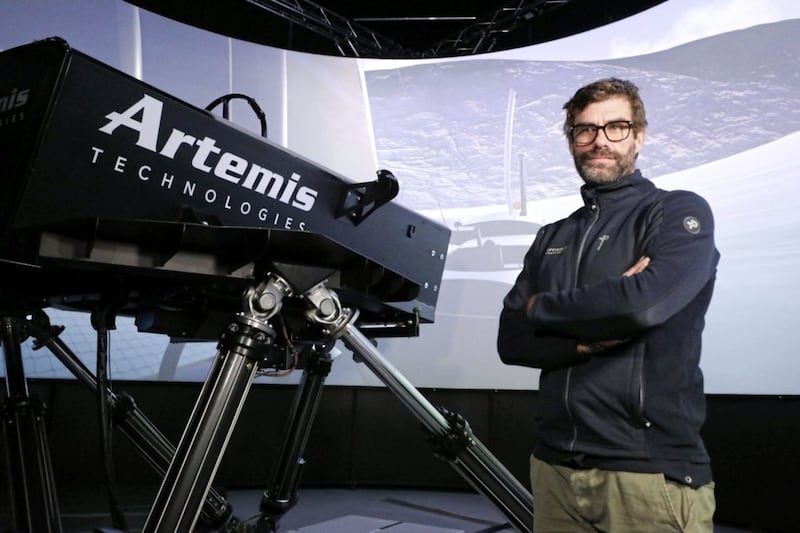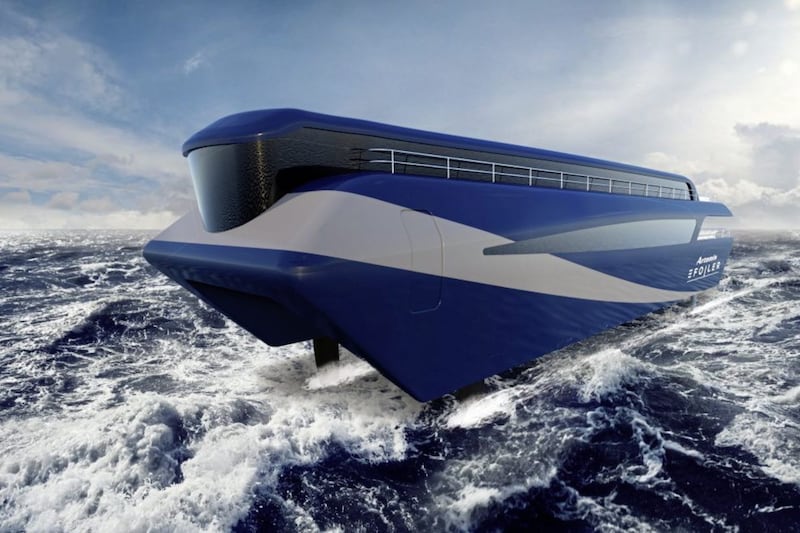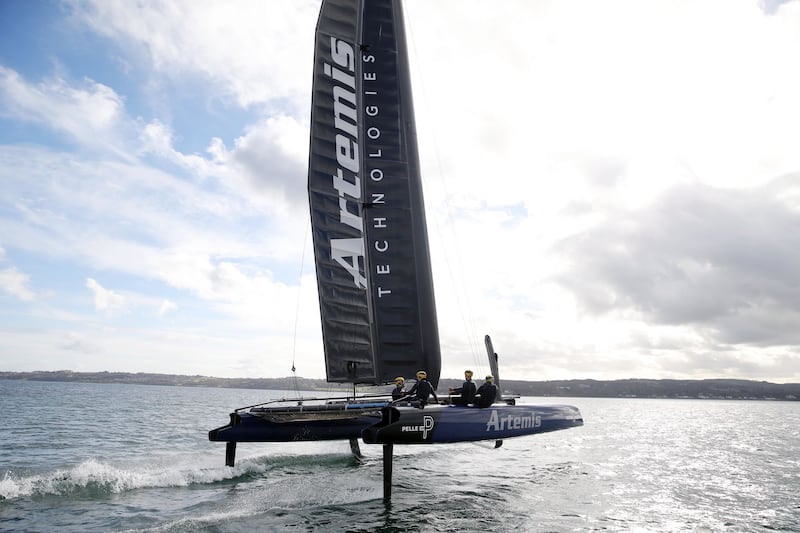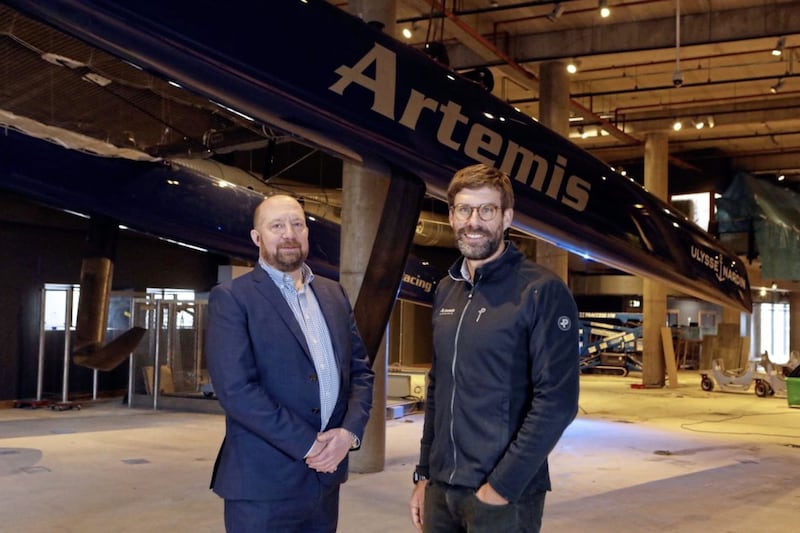PRIME Minister Boris Johnson has set out his blueprint for a ‘Green Industrial Revolution’ with a 10-point plan that he says will create around a quarter-of-a-million jobs across the UK.
Covering clean energy, transport, nature and innovative technologies, the blueprint will allow the UK to forge ahead with eradicating its contribution to climate change by 2050, particularly crucial in the run up to the COP26 climate summit in Glasgow next year.
The plan, which is part of the PM’s mission to level up across the country, will mobilise £12 billion of government investment to create and support up to 250,000 highly-skilled green jobs in the UK, and spur over three times as much private sector investment by 2030.
There is no doubt that significant investment, and vision, is needed to realise the huge potential of capitalising on the government’s plan to reach a net zero carbon position by 2050. It’s not just about the UK - countries across the globe are moving towards similar targets, and at pace.
Number 10’s blueprint will go some way to achieving that and as such is a welcome boost to firms such as Artemis Technologies, and others in the maritime sector, as we aim to build a more sustainable future.
The vision aligns perfectly with our goal to lead the decarbonisation of maritime by developing cleaner ships and maritime transport systems.
Along with our partners in the Belfast Maritime Consortium, we have embarked on a project to design and build revolutionary high-speed green vessels of the future.
The fast ferries will be capable of carrying over 350 passengers, will be zero emission, and require up to 90 per cent less energy than traditional high-speed ferries.
The impact will be huge, and it is estimated that by 2026, the project will prevent around 77 million cubic metres of CO2 emissions.
In addition to maritime public transport, sectors such as offshore energy, where the technology can be utilised to decarbonise operations, will be the beneficiaries.
We are working on the technology, but to fully realise the vision, significantly increased investment on the required infrastructure at ports and across our cities enabling fully integrated maritime transport systems is needed.
With that, the UK can lead the world in clean energy and greener transport. We are proud to be a part of it.
:: Dr Iain Percy OBE is chief executive of Artemis Technologies
